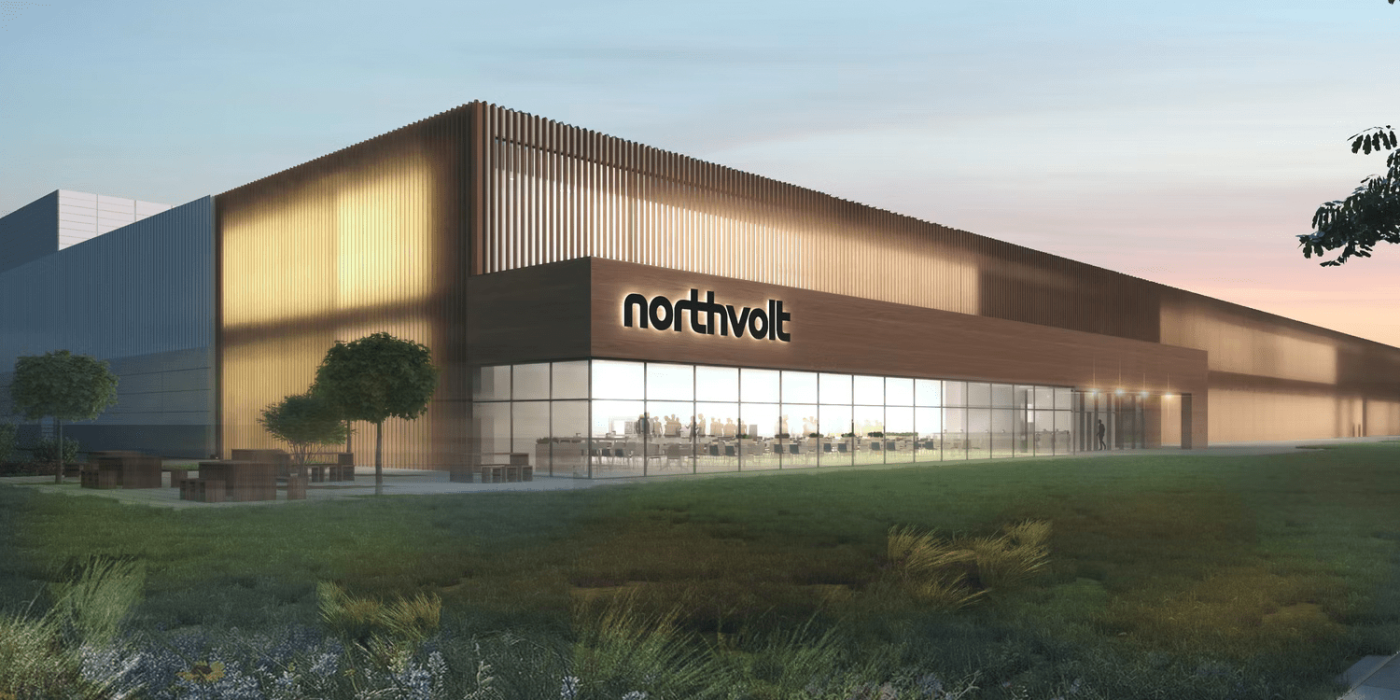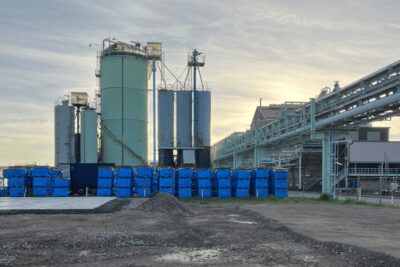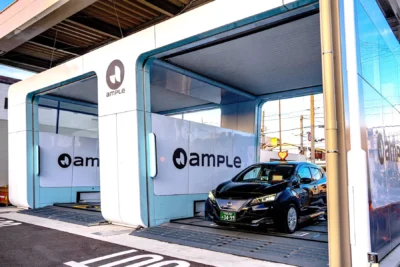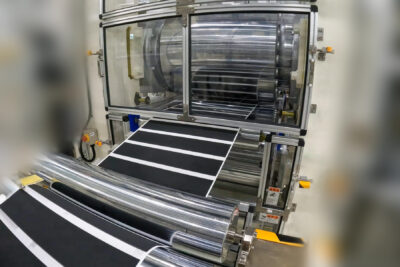Energy prices may delay construction of Northvolt Drei
The high energy prices are probably slowing down the construction of Northvolt’s planned battery factory in Germany. Northvolt CEO Magnus Carlsson confirmed this in an interview. A decision has not yet been made, but Northvolt is already considering an alternative location.
“The factory in Heide could be delayed,” Northvolt CEO Peter Carlsson told the German Frankfurter Allgemeine Sonntagszeitung. “With the current electricity prices, we see the economic viability of energy-intensive projects in Germany at risk.” However, a decision has not yet been made – the Northvolt CEO stated that they are currently having “very intensive and good talks with the federal and state governments” and that they all want to make Heide possible together.
However, Carlsson also brought up the USA as a possible location. “We want to continue to be a European champion and market leader. But we are now at a point where we may initially give priority to expansion in the USA over Europe,” the Northvolt CEO is quoted as saying. He also argues that higher subsidies are possible in the USA.
The state of North Germany is calm in the face of Carlsson’s statements. The state government in Kiel told NDR Schleswig-Holstein that there are still talks with the company and that they do not see the project in danger at the moment. “Realising the settlement remains the goal of all parties involved. Northvolt has already announced that it remains committed to the Heide site and wants to make it possible,” affirms Minister President Daniel Günther (CDU).
But Günther also admits that the framework conditions have now become more difficult due to the significant subsidies in the USA. Therefore, “it is now up to all those involved to ensure the economic viability of energy-intensive companies in Germany and to create incentives,” says the Minister President. The federal government and the EU, in particular, are now called upon to offer solutions.
Northvolt had announced its plan for a battery factory in Germany in March and received the IPCEI funding notice for it in May. According to earlier information, production was planned to start in 2025, with a final production capacity of 60 GWh. In addition to production, a battery recycling plant will also be built.
With the Inflation Reduction Act, which came into force in August, the USA also reformed electric car subsidies and, in future, defined minimum standards for the value creation of the car and the battery, which must take place in the USA or in allied states in order for the vehicle to remain eligible for subsidies. As a result, some carmakers and battery manufacturers are currently rescheduling and prioritising US projects. Hyundai Motor Group, for example, has already brought forward the construction of a plant for electric cars and their batteries, and Audi is also considering an electric car plant in the US.





0 Comments